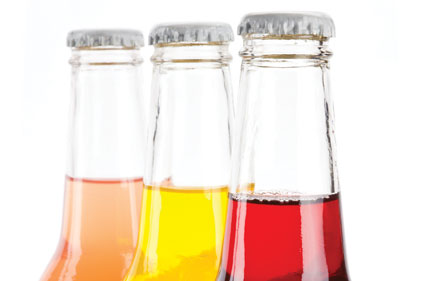The sale of the brands, Lucozade and Ribena, is part of an overhaul of Glaxo’s European operations, as the company tries to spin off noncore products so that it can focus on its main pharmaceutical business. In April, Glaxo announced that it wanted to sell the two drink brands, which generate around £500 million in annual revenue.
“Lucozade and Ribena are iconic brands that have made a huge contribution to GSK over the years, but now is the right time to sell them,” Glaxo’s chief strategy officer, David Redfern, said in a statement.
Lucozade is an energy drink that is promoted by the British soccer star Gareth Bale, who became the world’s most expensive soccer player after joining Real Madrid for a reported 100 million euros. Ribena is a sugary fruit drink whose origins date back to the late 1930s.
For Suntory Beverage, the purchase of the British soft drink brands is the latest acquisition in the company’s plans to expand into overseas markets. The company’s president, Nobuhiro Torii, has said that Suntory Beverage is looking for deals in Latin America, Africa and the Middle East.
Earlier this year, the Japanese beverage company, whose parent company, Suntory Holdings, owns a number of spirits and beer brands, raised $4 billion in one of Asia’s largest initial public offerings.
Suntory Beverage already controls the European drink company Orangina Schweppes, and bought a majority stake in PepsiCo‘s Vietnamese operations last year. Suntory Beverage also owns the Boss coffee brand in Japan.
The British pharmaceutical giant also is facing pressure in China, one of its most important markets, after local officials accused several Glaxo employees of bribing doctors with gifts, travel, cash bonuses to persuade them to prescribe more of the company’s drugs.
Several of the British company’s Chinese-born senior executives at its operations in the Asian country also have been detained in connection to the allegations. Glaxo has said that it is reviewing its procedures in China, and is cooperating with local authorities.



